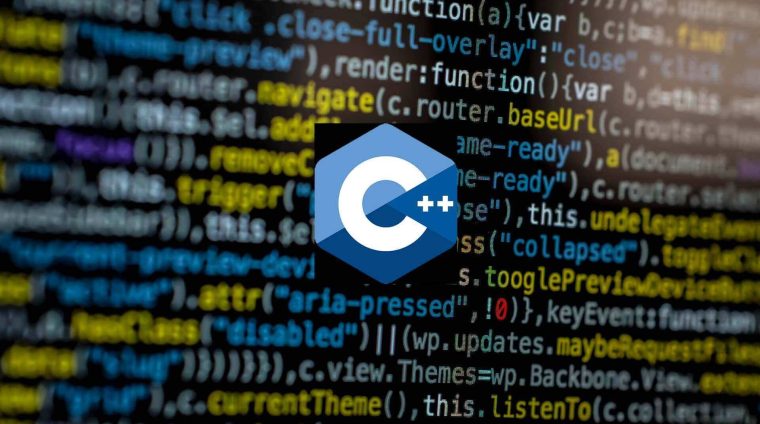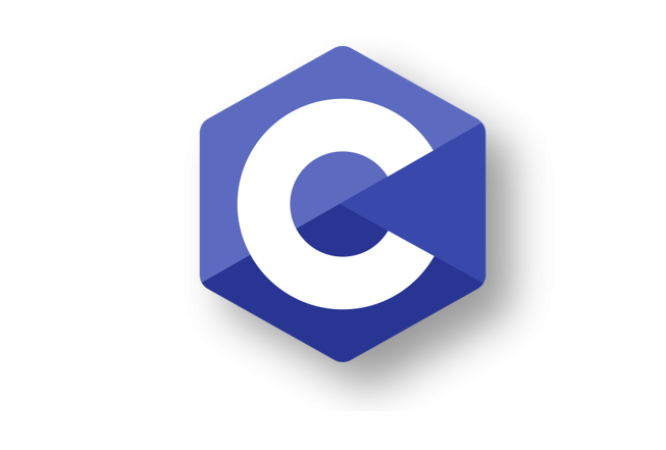Master C++ Programming

C++ is a general-purpose, cross-platform language used to create high-performance applications. C++ was created by Bjarne Stroustrup as an extension of the C programming language. The Danish computer scientist Bjarne Stroustrup at Bell Labs (now Nokia Bell Labs) began work on C with Classes, the predecessor to C++ in 1979. The motivation for creating a new language originated from Stroustrup’s experience in programming for his Ph.D. thesis. Stroustrup used the language Simula, which is designed for simulations. He noticed the object-oriented programming paradigm in Simula. Stroustrup found that this paradigm was very useful for software development.
In This C++ Course, You Will Learn How
- To understand how C++ improves C with object-oriented features.
- To learn the syntax and semantics of the C++ programming language.
- To understand the concept of data abstraction and encapsulation.
- To learn how to overload functions and operators in C++.
- To understand and employ file management.
C++ is a superset of C. He chooses the C language because it was general-purpose, fast, portable, and widely used. In 1983, the name of the language was changed from C with Classes to C++ (the ++ operator is the increment operator in C++). In 1985, Stroustrup’s reference to the language, The C++ Programming Language was released. The first commercial implementation of C++ was released in October 1985. The language was updated again in 1989 to include protected and static members, as well as an inheritance from several classes. C++ 2.0 was released in 1989, followed by the updated second edition of The C++ Programming Language in 1991. In 1998, C++98 was released, standardizing the language, and a minor update (C++03) was released in 2003. In 2011, the C++11 standard was released, which adds new numerous features, enlarging the standard library further, and providing more facilities to C++ programmers. Then C++14 and C++17 are released. C++ is standardized by an ISO working group known as JTC1/SC22/WG21. They had published five revisions of the C++ standard and are currently working on the next revision, C++20.

The compiler is used to translate the C++ code into a language that a computer can understand. In 1990, Borland’s Turbo C++ compiler was released as a commercial product. Turbo C++’s last stable release was in 2006. The Integrated Development Environment (IDE) is an environment to edit and compile the code. Some popular IDEs are Code:: Blocks, Eclipse, and Visual Studio. The GNU Compiler Collection includes front ends for C, C++, and other languages. GCC was originally written as the compiler for the GNU operating system. C++ is still the fourth most popular programming language according to the TIOBE Index.
Access quality education without the cost. Explore top courses and programs in Free. Affordable education ensures that every individual, regardless of their economic background, has access to opportunities for intellectual growth.
You might be intersted in
-
0 Students
- 10 Weeks
